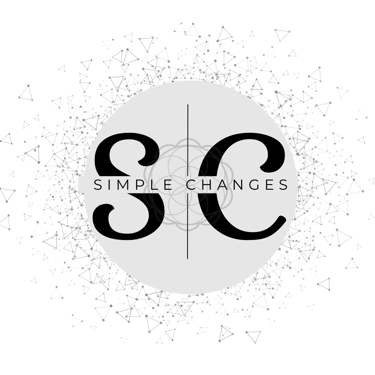Addressing Habits and Perspectives: The Power of Small Changes
Explore how you can help recognize and change the habits and perspectives that shape your life.
2/9/20242 min read
Habits shape our daily lives. From the moment we wake up to the way we approach challenges, our habits influence our actions. But what if we could intentionally modify these habits? In this article, we’ll explore the science behind habit formation and how simple changes can lead to lasting transformations.
The Science of Habit Formation
Automatic Behavior: Habits are automatic responses triggered by specific contexts. When a behavior becomes habitual, it shifts from conscious intention to impulsive action. For instance, reaching for a sugary snack when stressed becomes an automatic response.
Context-Action Associations: Our brains learn context–action associations through repeated performances. These associations drive habitual behavior. When we encounter familiar cues (such as stress), our brains impulsively prompt us to act in a certain way.
Making Simple Changes
Self-Reflection: Before altering habits, understand your current patterns. Reflect on what triggers specific behaviors. Are there moments when stress leads to unhealthy choices?
Planning for Needs: Identify areas where small changes can make a big difference. For example:
The 7 Steps of Habit Formation:
Cue: Recognize the trigger (e.g., stress).
Craving: Develop a desire for change (e.g., wanting healthier coping mechanisms).
Response: Choose a new behavior (e.g., deep breathing instead of reaching for sweets).
Reward: Celebrate small victories (e.g., feeling calmer after deep breathing).
Repetition: Consistently practice the new behavior.
Routine: Embed it into your daily life.
Reflection: Assess progress and adjust as needed.
Perspectives Matter
Mindset Shift: View simple changes as powerful tools. Each small adjustment contributes to a larger transformation.
Long-Term Impact: Habits formed through repetition become routinized. Over time, they shape our well-being.
Replacing “Bad” Habits: Use the power of context–action associations to replace unhealthy habits with positive ones.
Addressing habits and perspectives involves recognizing the potential of small changes. By understanding the science behind habit formation and embracing intentional shifts, we pave the way for lasting well-being.
Remember, it’s not about grand overhauls; it’s about consistent, purposeful steps. Start today—your future self will thank you.
Sources:
Gardner, B., & Rebar, A. L. (2019)Oxford Research Encyclopedia of Psychology 1.


Contacts
simplechanges.me@gmail.com
Socials
Subscribe to our newsletter
(989)249-3379
